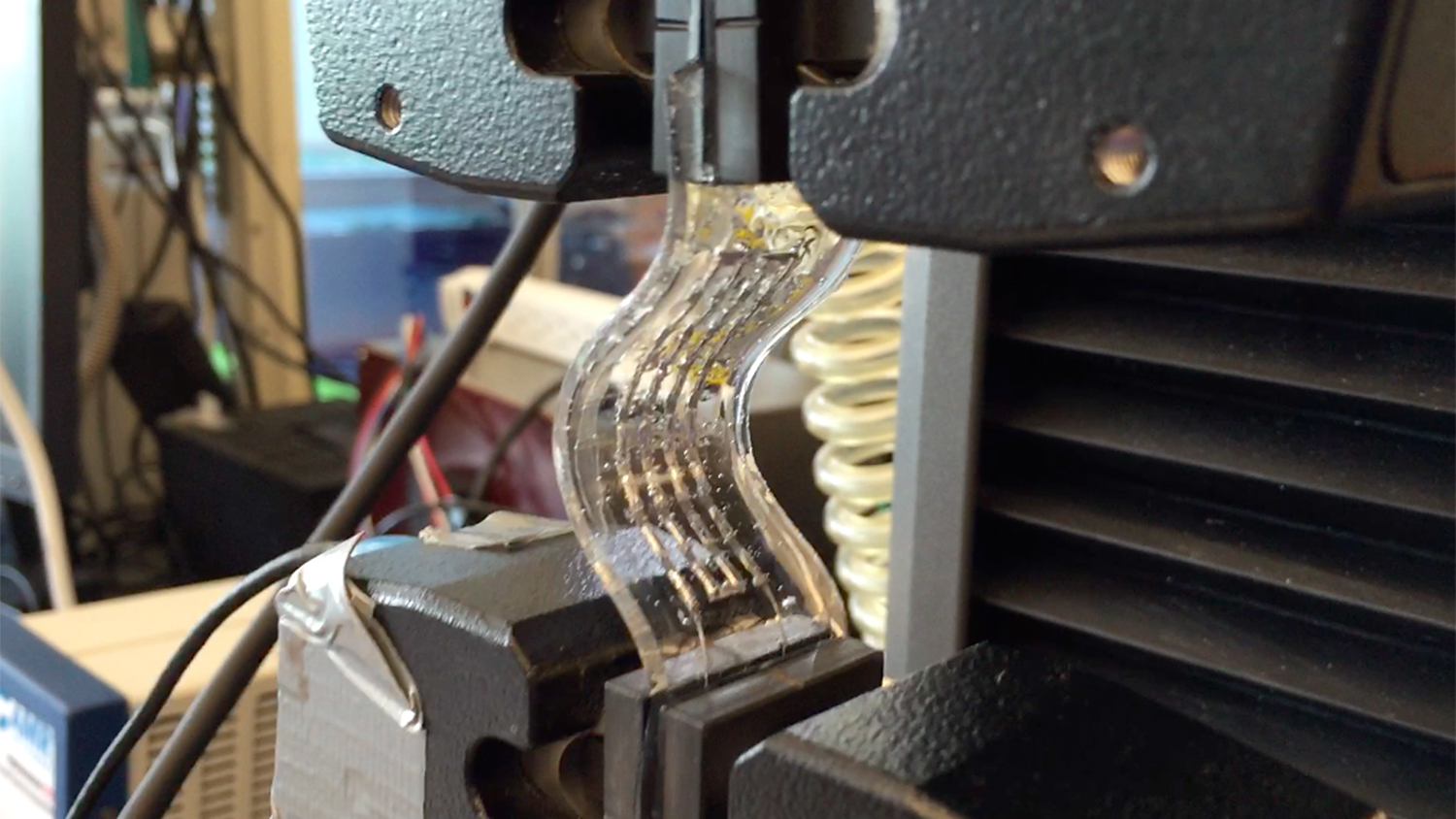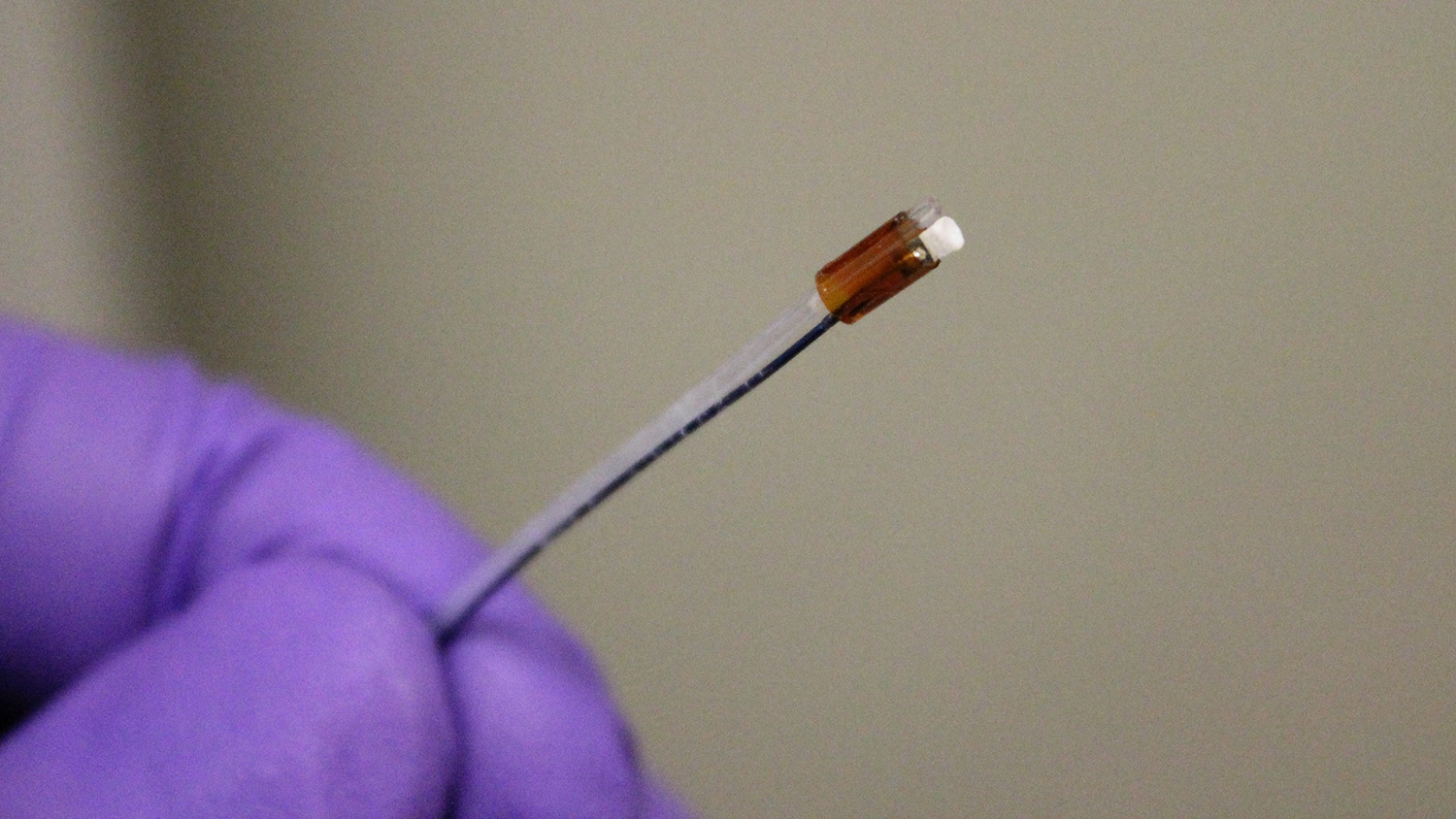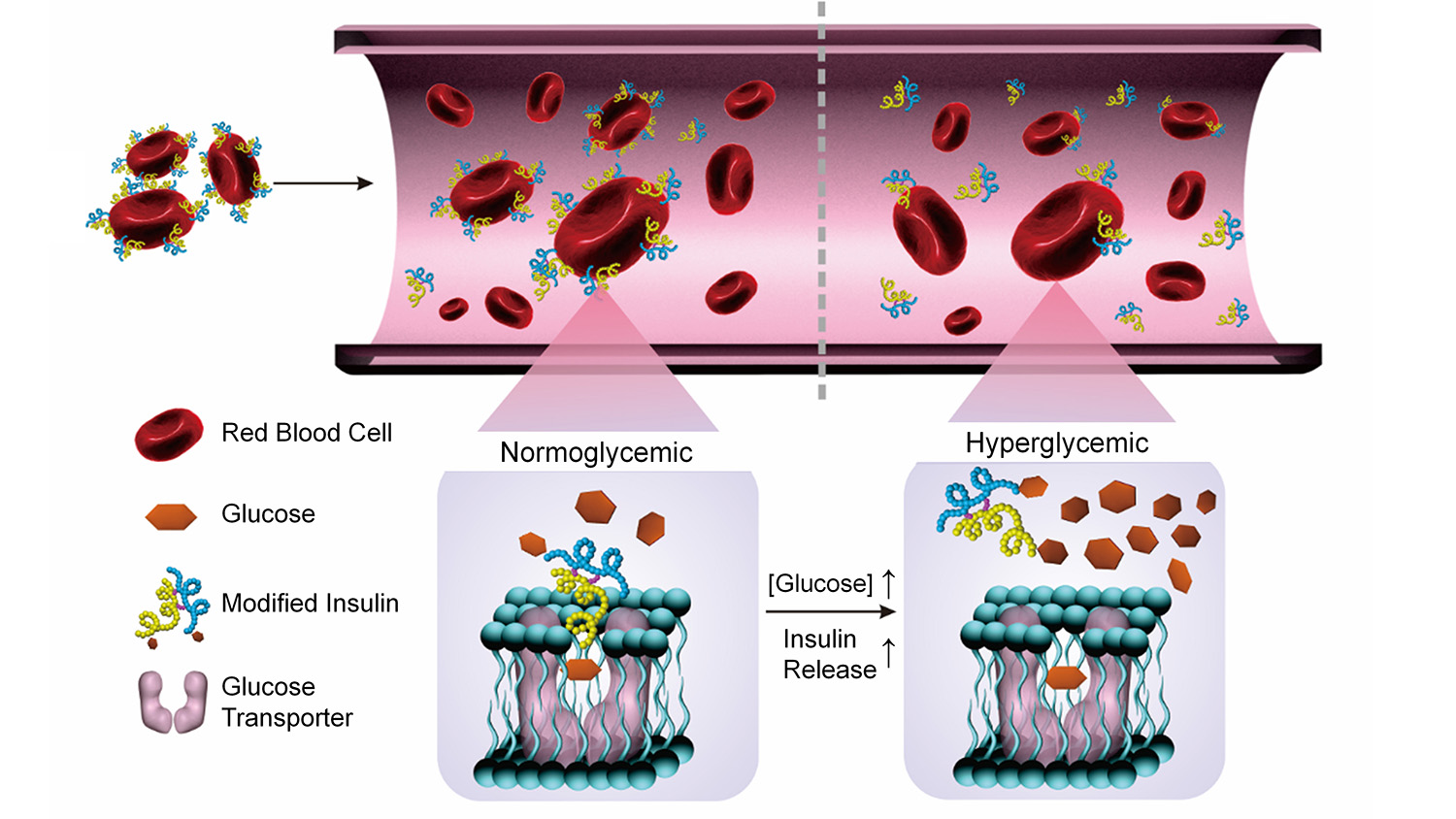health and well being

Short Intervention Boosts Safe-Sex Skills in Teen Girls

Cancer Immunotherapy Uses Melanin Against Melanoma

Researchers Receive Grant to Study GenX Exposure in New Hanover County Residents

Prenatal Exposure to BPA at ‘Safe’ Levels Can Affect Gene Expression in Developing Rat Brain

Walkable Neighborhoods Linked With More Active Older Adults

Study: SNAP Benefits Aren’t Enough to Afford a Healthy Diet

1 in 5 Women With Postpartum Mood Disorders Keep Quiet

Study Finds Day-to-Day Experiences Affect Awareness of Aging, Mood

New Design Improves Performance of Flexible Wearable Electronics

Triangle Venture Alliance Makes Initial Investment Impact

Small Changes Yield Big Results

New Ultrasound ‘Drill’ Targets Deep Vein Blood Clots

Field of ‘Sexting’ Research Finds Little to Worry About

Commission Releases Report on Eradicating Hunger
